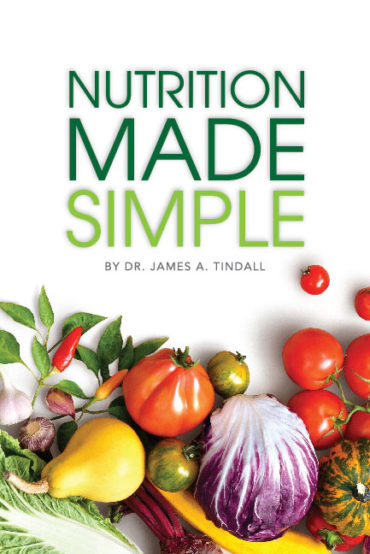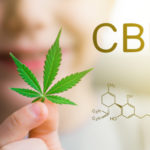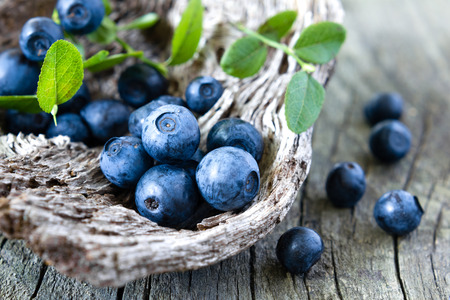Are you one of those people who are constantly confused about good nutrition and what you need to eat or should eat? Let’s begin with some very simple basics. First, a balanced diet is the best way to improve your health. Second, if you know the primary components of good nutrition, you will quickly find that you do not need to count calories, but look at the food on your plate and the proportions of it. It’s all about balance.
That balance is a balanced diet and is all about adding the essential components or nutrients necessary for growth, so that every part of the body gets what it needs to function properly. However, these components are not all nutrients.
Advertisement: Amazon (click on photo for more info)

A balanced diet is also one of the correct portions of each component. And, by adhering to a balanced diet it means that you are eating the right food items and eating them in the proper amounts. Adhering to a balanced diet will boost your health and help prevent weight gain. It will also allow you to splurge occasionally for all the hard training you do. There are 7 components to a balanced diet, which include the following.
So what exactly is included in the components of a balanced diet?
1. Carbohydrates: These are a good source of energy and should comprise about 60% of a person’s diet or 310 grams daily. Carbohydrates are where most of your energy comes from if you’re engaged in activity throughout the day. The key is to eat lots of carb-rich food items such as vegetables, rice, pasta, potatoes, and wheat, not breads, cakes, or cookies. If you’re an active athlete, 50% is a good amount because you’ll generally need more calories than you can get from carbs alone, which is balance out by fats and proteins.
2. Fiber: Fiber will help you feel full and prevents overeating while helping with proper digestion. Fiber also helps keep your cholesterol levels in check. Fiber rich food items include items such as bran, oatmeal, and vegetables among others. The basic requirement is about 30 grams per day.
3. Minerals: Minerals help with the release of energy from foods once you eat them, as well as interaction with internal body organs to promote growth. As an example, calcium promotes strong bones while iron helps with energy. Although there are lots of minerals, the most important ones for your diet are iodine, potassium, sodium, and those mentioned above.
4. Protein: For most people, protein will come mainly from the meat you eat, which should be lean meats. Protein primarily helps with the development of skin, hair, and muscle tissue. Generally, about 50 grams per day is required for the average adult, more for an athlete.
5. Unsaturated fats: Do not make fat a dirty word. Fats and oils are essential to physiological functions within the body. It is not fat that causes weight gain, but too many calories – usually of the wrong types of food. Healthy fats are generally derived from dairy products, meat, and fish. Their main function is to help regulate body temperature, as well as the absorption of vitamins. Fats help with slow energy release, which is perfect for long-distance runners. About 70 grams per day is recommended.
6. Vitamins: These assist in regulating chemical reactions in the body and while there are many claimed essential vitamins, special attention should be given to vitamins A, C, B, and D. And, because it is difficult to fill nutrient needs from the foods we eat, a multivitamin each day is essential. Also, obtaining vitamins from fruits and vegetables is a good idea.
7. Water: Almost all lists utilize only 6 components for a healthy diet, but, water is necessary and thus, is the 7th component. Few people consider the importance of water in their diet. This is usually due to the consumption of soda, coffee, tea, and juice drinks; however, these do not provide the same goodness as water, which better hydrates the body and facilitates the movement of all the other components above. Suggested intake is at least 8 glasses a day, 4 glasses minimum.
These are the 7 components of a healthy diet. Don’t worry so much about the calories as the proportions of them in your diet. It’s not about measuring every single calorie, but the quality and combination of food you eat. Regardless of the types of food you like, it is easy to find recipes with the right components and, feel free to tweak them for yourself. After all, life and food, is what you make it!







